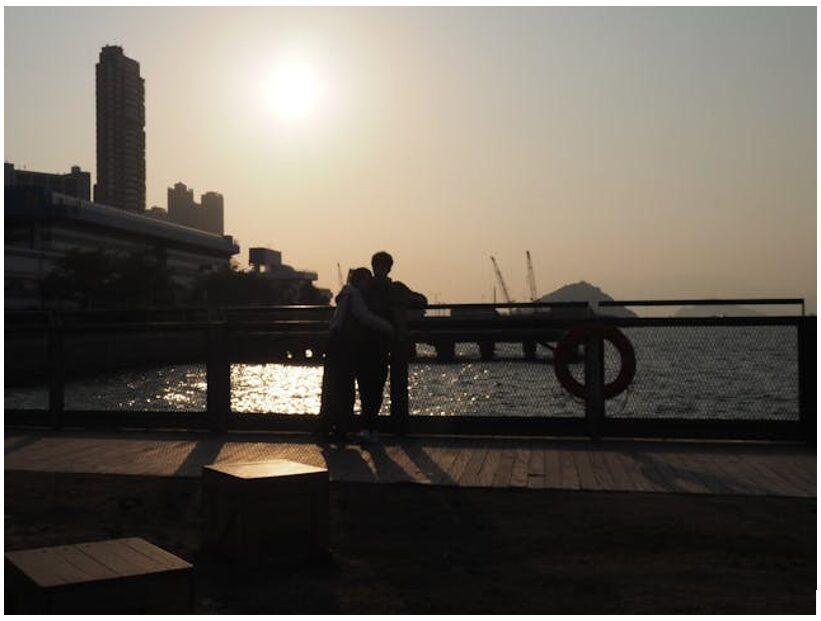THE joke among so-called undocumented Mexicans in California is that they did not illegally cross the US border. The US border crossed them. The other joke is that Europeans were the original TNTs in the New World.
The Sultan of Sulu, Jamalul Kiram III, might have a better appreciation of his chances to reclaim Sabah if he were to view it from the Mexican and Native American perspective. The Kirams have as much chance to assert sovereignty over their ancient domain as the Mexicanos and Indios have over much of North America. Zip. Nada. Nil.
The harsh realities of conquest and of treaties between world powers have superseded ancient territorial claims in more instances than the Kirams can count on their fingers.
The only way the Sultanate of Sulu can assert sovereign rights over Sabah is if Kuala Lumpur were to concede that the territory is not part of the Malaysian Federation. Land grabber or not, justified or not, it isn’t likely that the Malaysian government will part with that rich piece of real estate.
Look at it this way: If historical ownership were to prevail, Native Americans would have every right to eject the Europeans who grabbed their lands from them. And California, New Mexico, Texas, Colorado, Utah, Nevada and Arizona would be governed from Mexico City. All of these states were once Mexican territory.
To bring the analogy closer to home: Rajah Soliman’s heirs would still own Maynilad despite any protestations of the insulares and the Catholic Church.
Former Chief Justice Artemio Panganiban wisely drew the distinction between sovereignty and ownership. Granting that the Sultanate of Sulu has the right of ownership over Sabah, sovereignty over the territory is another issue altogether. It is an issue that the Philippines and Malaysia have chosen to keep in the back burner, much like closing one’s eyes in the hope that the bogeyman will go away – but for an understandable reason: regional peace or, rather, the avoidance of war.
Pundits point out that if ownership of a piece of real estate gives the title holder sovereignty over the property, much of the US would belong to governments operating out of Beijing, Seoul, Tokyo, Riyadh and Tel Aviv, not to mention a number of Philippine politicians, some of them surnamed Arroyo.
According to the wiseacres, at the rate America owes money to China, Beijing may soon be able to include the US in its nine-dot claim, along with Scarborough Shoal. And at the rate former Malacañang occupants, members of Congress and Manila’s billionaires have been buying homes in the US, ritzy Hillsborough in the San Francisco Bay Area might as well be an annex of Forbes Park and Ayala Alabang.
Does the Sulu Sultanate’s ownership of Sabah, acknowledged by the fact that Malaysia still pays rent for the territory, give the Kirams the right to send their people there to claim it as their homeland, without the express permission of the Malaysian government?
At the risk of sounding facetious, the answer to that would be the same answer to the question: Does ownership of a house in the San Francisco Bay Area give Mikey Arroyo the right to send his houseboys to occupy it without a US visa?
It’s obviously a big fat No.
That makes the standoff in Lahad Datu more complicated than the intent of the Kirams to reclaim and establish their domicile in their ancient homeland.
For the Philippine government, particularly President Noynoy Aquino and Foreign Secretary Albert del Rosario, it’s like dealing with the foreign policy equivalent of the question: Have you stopped beating your wife lately? There’s no safe answer to it. Indeed, they have very little wiggle room.
If the Suluanos are to be considered citizens of the Philippines – as, indeed, they are – it is the duty of the Philippine government to respond to their plea for help, as much as if a Filipino national were about to be beheaded in Saudi Arabia or put to death in Beijing.
But to accede to the Kirams’ demand that the Philippines enter into negotiations with Malaysia over the Sultanate’s claim to Sabah would be to force the issue out of a virtual Pandora’s Box – confronting the Aquino government with a problem it is not prepared to deal with at this point in time.
In the case of the US vs. Native Americans, the former eventually conceded that the original occupants of conquered territory deserved redress. For this reason, Native American tribes are nominally acknowledged as “sovereign nations,” enjoying special privileges under the United States (one of them being the right to operate Indian casinos).
In the case of Malaysia vs. the Sulu Sultanate, former Malaysian Chief Minister Tan Sri Harris Salleh has reportedly proposed a buy-out of Sabah to settle the issue of ownership, obviously without conceding sovereignty.
This would leave the Philippine government pondering what role it ought to play in the deal, considering that it hasn’t really given up the idea of sovereign rights over Sabah – but, considering, too, that it has left the Sultanate to deal with Malaysia on its own.
The usual kibitzers and disinformation specialists are fueling the controversy for any number of reasons. To abort the peace treaty between the Philippine government and the MILF, brokered, among others, by the Malaysian government. To underscore a similarity between the ancient territorial claim of the Sultanate of Sulu to Sabah and the ridiculous claim of China to the entire South China Sea. To embarrass the Aquino government. To affect the chances of Team Pinoy in the coming senatorial elections. To have something sensational to write about and sell more newspapers or gain more TV viewership. Or simply for the joy of kibitzing.
For any of these reasons, there are the usual suspects. But no reason is more serious than the very real prospect of more blood being shed.
Already, the conflict has erupted into deadly firefights, with the actual number of fatalities difficult to ascertain because of an apparent news blackout (San Francisco FilAm, Yolanda Ortega Stern, who has backroom access to information from sources in Sulu, has received reports of a large number of fatalities on the Malaysian side).
At this juncture, the Philippine government can only appeal to the Sultan to listen to reason. If he wants to avoid more bloodshed, he should order his followers to leave Lahad Datu peacefully and return to Sulu.
That should not necessarily mean a loss of honor nor should it mean giving up the Sultanate’s claim to Sabah. Similarly, by recalling its citizens from Sabah, the Philippine government will also not necessarily be giving up its latent claim to the territory.
The fatalities in the recent encounters between Malaysian forces and the Sultan’s followers are only a preview of a massacre in the making, unless the standoff is resolved.
Would responsibility for a blood bath be on the heads of Aquino and Del Rosario or on the head of the Sultan of Sulu?
Whatever it is, it will still be a tragedy for the Philippines. Because it will involve Filipino blood.
* * *
Email [email protected].







